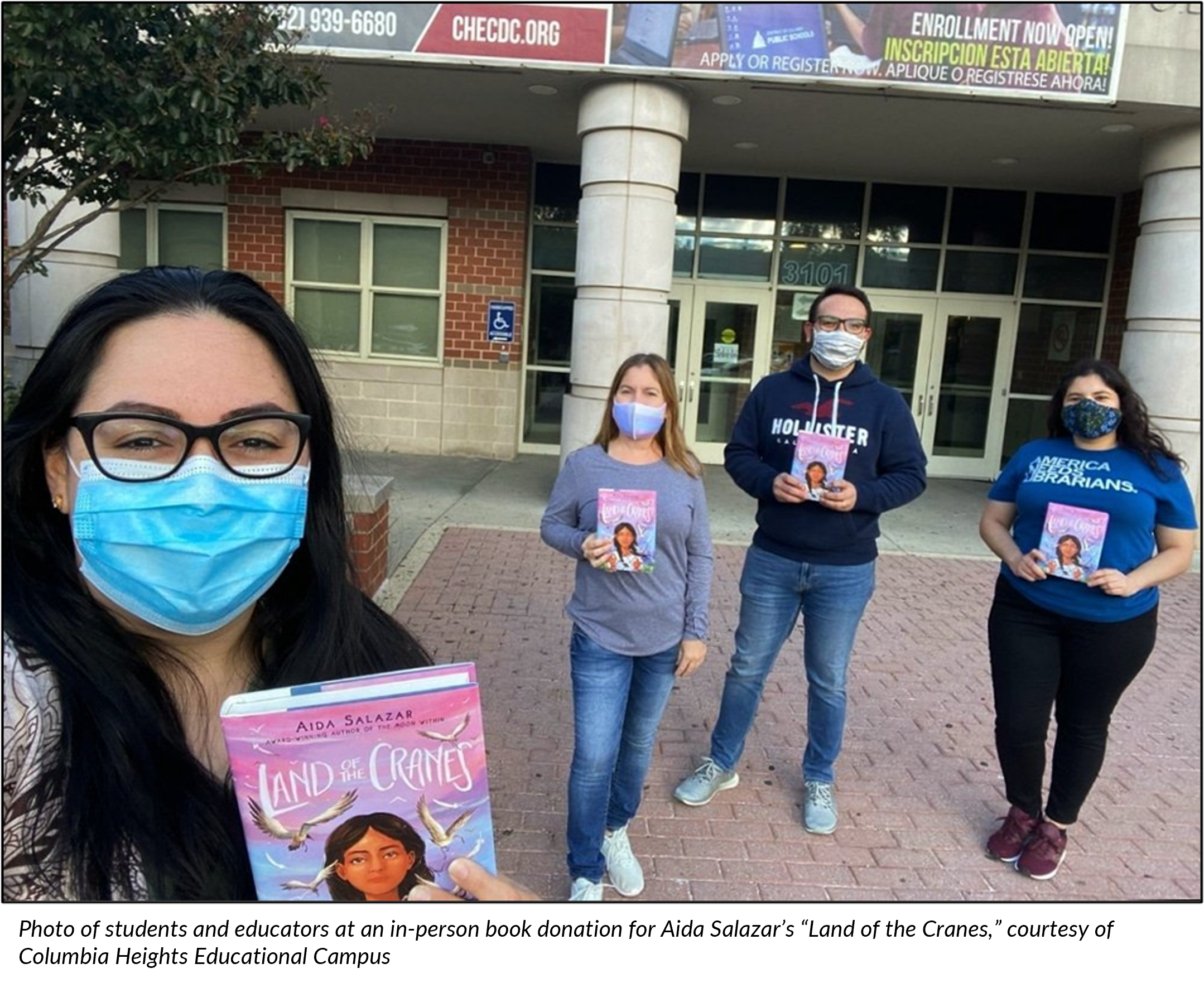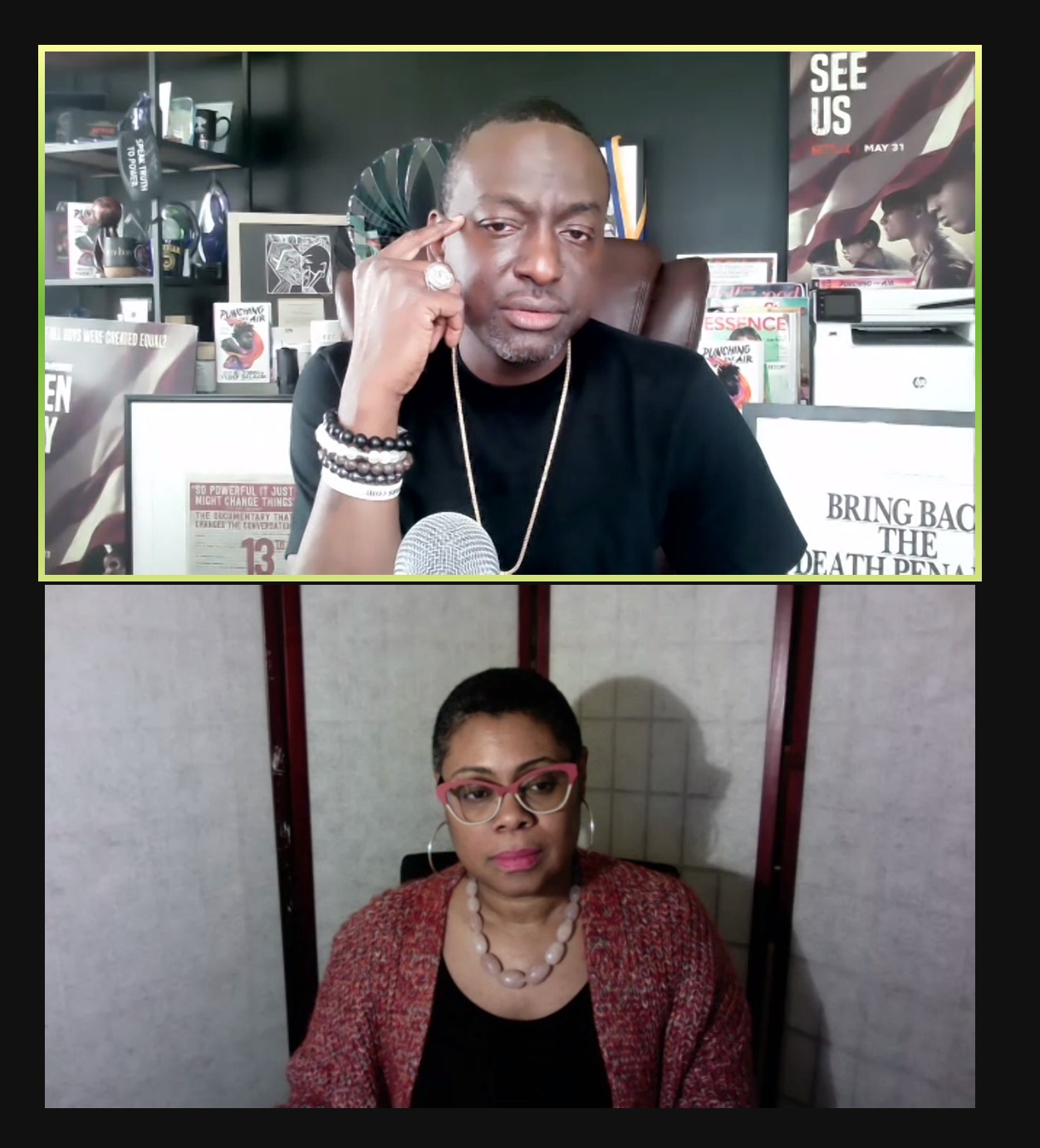I will never become homeless because I am too smart to be homeless.
That’s what a young, early teenage version of myself repeatedly told themselves. But why would a child have to say that?
Being raised in the DC area by a mom and dad you knew was not yours only because you attended your real father’s funeral at 5 years of age. Watching your stuff on the sidewalk but mostly watching your daddy’s PlayStation, hoping no strangers came and took it as mommy and daddy figure out where we will stay next. Having someone knock on your door and take you and your little brother away from the only parents you knew. Moving from foster home to foster home, being beaten, molested, treated like a b****** who needed rescuing. These are my childhood memories. These are the reasons the teenage version of me had to convince themselves that homelessness could and would never be an option. Put out of the house by my adopted mom at age 16 to emancipation from CFSA* at age 21 to homelessness, living in different homes up to age 25. From age 16 up to today I’ve lived in over 40 different places.
How did a child manage school, mental health, and other needs through all of this? Well of course drugs and alcohol helped me through 12 years of that trauma. But also that child continued to tell me “You’re too smart to be stuck on the streets. You’re too smart to not succeed.” This child version of me kept me alive for many years.
The trauma the child version of me saw and experienced. How could they be so strong? Why would they want to keep pushing on? This couldn’t have been all that was out there for me. It couldn’t just be struggle after struggle with no gold sitting under a tree.
Today I am the Executive Assistant to the Founder & President of HER Resiliency Center, Natasha Guynes.
It’s not a coincidence that I ended up here. For the past 6 years HER has been here for me. When I wanted to kill myself and was admitted to the hospital, HER was there. When I couldn’t pay bills and just wasn’t stable, HER was there. Natasha answered my every call and not once did she leave me stranded. The day I decided that I couldn’t drink any longer, HER was there. And when I just couldn’t push any further, Natasha found the best rehab she could find and helped get me a scholarship and I went there.
I wouldn’t be 5 months sober today if HER had given up on me like many programs have in the past. I wouldn’t be writing this blog if HER’s founder hadn’t gone through her own traumas and built the resilience she has today. If Natasha would’ve believed that no one deserved a chance to fight another day I would not be here. For that I am forever grateful. For that I am able to share my story with the next woman just hoping that they too will see that there is purpose, that they have purpose, and that they are here on purpose.
Resilient: The process of adapting well in the face of adversity, trauma, tragedy, threats, or significant sources of stress. I’m now able to see that I’ve always been resilient in many different ways but I had to learn how to cope and be resilient in a healthier way. HER is a part of the reason I have the resilience that I have today.
*CFSA – DC Child Family Services Administration



